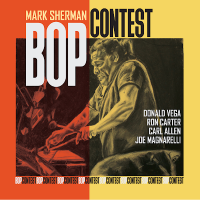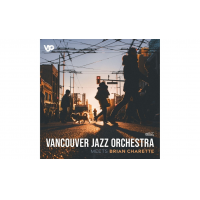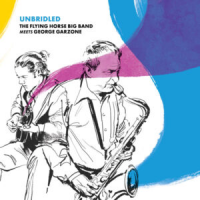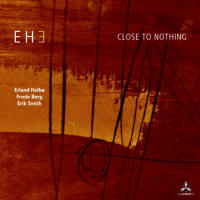Home » Jazz Articles » Album Review » Chick Corea: The Complete "Is" Sessions
Chick Corea: The Complete "Is" Sessions
During three days in May 1969, pianist Chick Corea led a band that managed to achieve both results. In 2002, Blue Note Records collected all the music recorded during these sessions and issued them in a 2-CD set entitled The Complete “Is” Sessions as part of its Connoisseur series. Conveniently for the listener, Blue Note has put the more accessible material on the first disc, while putting the avant-garde tunes on the second disc.
Disc One
“The Brain” and “This” are performed by a quartet of Bennie Maupin on tenor saxophone, Corea, Dave Holland and Jack DeJohnette. Both feature largely perfunctory themes which lead to very intense solos. Maupin appears to be taking a page out of the book of Joe Henderson, utilizing his approach of short, choppy phrases. While there are moments of free improvisation on each tune, the band mainly plays in a somewhat steady groove that is made fragile by DeJohnette’s aggressive, active drumming. Alternate takes of each of these tunes are included but both are inferior to the master takes, with the band playing it too safe on “The Brain” and venturing too far out in avant-garde territory on “This.”
Flutist Hubert Laws jumps in for “Song of the Wind” and trumpeter Woody Shaw joins Laws and the rest of the band for “Sundance.” Neither tune follows the traditional structure of theme statement-solos-theme statement. Instead, after playing the tune, the soloists simply add their own embellishments, sometimes in unison, with no one taking the spotlight for an extended solo. This approach is well suited to the master take of “Song of the Wind,” with DeJohnette’s imaginative brush work interacting nicely with the other members of the band, as well as the alternate version which has only Holland anchoring down the beat. On the other hand, even though “Sundance” has the most catchy melody of any tune on this collection, both takes meander for too long. It probably doesn’t help that the alternate version of the tune is taken from vinyl and features quite poor sound quality.
Disc Two
While Corea’s band embraces freedom on the first disc, the line is crossed from freedom to chaos on the second disc. In fact, it’s very hard to listen to the disc’s 65 or so minutes of music in one sitting.
“Jamala” starts off in an interesting vein with a free-form improvisation by Corea, Holland and DeJohnette. But, the music takes a violent and rather unpleasant turn when DeJohnette begins brutal assault on his kit that lasts for the rest of the tune. “Is” only becomes interesting around the 23 or 24 minute mark when the band finally goes into a consistent tempo, while “Converge” features a rather large gong that becomes distracting and threatens to drown out anything else that is going on.
The Complete “Is” Sessions is a rather steep purchase considering there are only four really good performances: the master versions of “The Brain” and “This,” as well as both takes of “Song of the Wind.” On these tracks, Corea and his charges take a more nuanced approach in their attempt to create something musical while using few or any conventions. The result is some advanced jazz that engages the listener. When they rely simply on aggression and act on the belief that making as much noise as possible will create something musically worthwhile, as they do on the second disc, they fail miserably.
Track Listing
Disc One: It; The Brain; This; Song of the Wind; Sundance; The Brain (alternate take); This (alternate take); Song of the Wind (alternate take); Sundance (alternate take) Disc Two: Jamala; Converge; Is; Jamala (alternate take); Converge (alternate take)
Personnel
Chick Corea
pianoWoody Shaw - trumpet; Hubert Laws - flute and piccolo; Bennie Maupin - tenor saxophone; Chick Corea - piano and electric piano; Dave Holland - bass; Jack DeJohnette - drums; Horace Arnold - drums and percussion
Album information
Title: The Complete "Is" Sessions | Year Released: 2003 | Record Label: Blue Note Records
Tags
PREVIOUS / NEXT
Support All About Jazz
 All About Jazz has been a pillar of jazz since 1995, championing it as an art form and, more importantly, supporting the musicians who make it. Our enduring commitment has made "AAJ" one of the most culturally important websites of its kind, read by hundreds of thousands of fans, musicians and industry figures every month.
All About Jazz has been a pillar of jazz since 1995, championing it as an art form and, more importantly, supporting the musicians who make it. Our enduring commitment has made "AAJ" one of the most culturally important websites of its kind, read by hundreds of thousands of fans, musicians and industry figures every month.





















